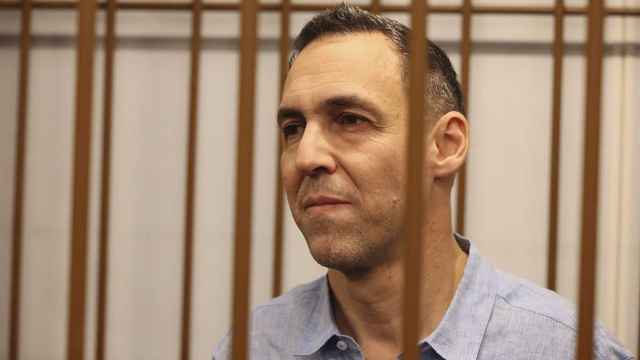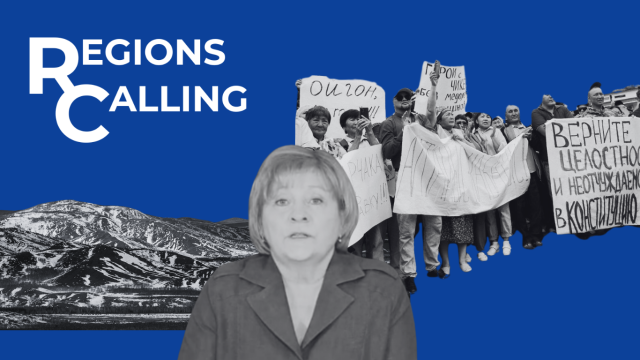The head of Russia's precious metals and gems repository Gokhran, is trying, so far without success, to resign, raising uncertainty about the leadership of the secretive agency that once caused ructions on the world palladium market.
Vladimir Rybkin tendered his resignation in February, but his letter remains unanswered, three sources familiar with the situation said.
"The government simply can't find a replacement for him. Nobody wants to take on such a huge list of responsibilities," one of the sources said. A new head of Gokhran may be found in the early summer, another source said.
Rybkin, who is 66, declined to comment.
Founded in 1920, Gokhran is under the control of the Finance Ministry. Its total reserves are a state secret that the Kremlin has dipped into to plug budget holes.
Its holdings are not part of Russia's more than half a trillion dollars in gold and foreign exchange reserves held by the Central Bank.
In 2009, Gokhran sold 30 tons of gold to the Central Bank, in a deal valued at $1 billion that covered part of a budget deficit resulting from the 2008 global financial crash and subsequent recession.
The repository also bought $1 billion in gems from state diamond monopoly Alrosa that year, when rough diamond prices fell sharply. It has not finished sorting these gems yet due to a lack of sorting operators, one of the sources said.
Gokhran was extremely influential on global platinum group metals (PGMs) markets in the 1990s and 2000s, when its palladium stocks, accumulated during the 1970s and 1980s, came on the market, depressing prices.
While its palladium reserves are a state secret and analysts like GFMS and refiner Johnson Matthey try to guess the level each year, most in the industry believe stocks have been already depleted.
"The stock is negligible now," the source said.
However, Gokhran's new management is likely to continue to attract market attention as it continues to play a key role in implementing regulations governing the sale of PGMs in Russia.
Russia's Norilsk Nickel, the world's largest palladium producer, can only sell its refined PGMs to its customers if it has obtained a waiver from Gokhran and from the regional government on whose territory the relevant precious metals have been extracted.
"Neither Gokhran nor the relevant local government has exercised this right in the past with respect to the group, although no assurance can be given that they will not exercise this right in the future," Norilsk said in a prospectus prepared for eurobond issue.
A Message from The Moscow Times:
Dear readers,
We are facing unprecedented challenges. Russia's Prosecutor General's Office has designated The Moscow Times as an "undesirable" organization, criminalizing our work and putting our staff at risk of prosecution. This follows our earlier unjust labeling as a "foreign agent."
These actions are direct attempts to silence independent journalism in Russia. The authorities claim our work "discredits the decisions of the Russian leadership." We see things differently: we strive to provide accurate, unbiased reporting on Russia.
We, the journalists of The Moscow Times, refuse to be silenced. But to continue our work, we need your help.
Your support, no matter how small, makes a world of difference. If you can, please support us monthly starting from just $2. It's quick to set up, and every contribution makes a significant impact.
By supporting The Moscow Times, you're defending open, independent journalism in the face of repression. Thank you for standing with us.
Remind me later.





